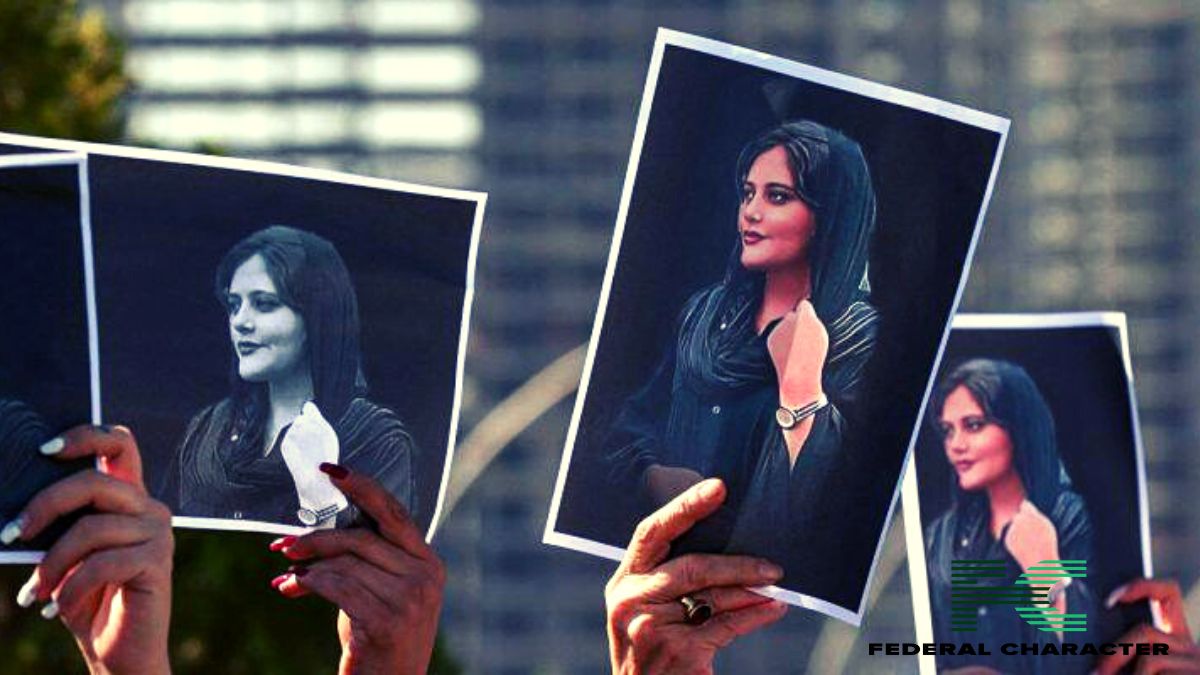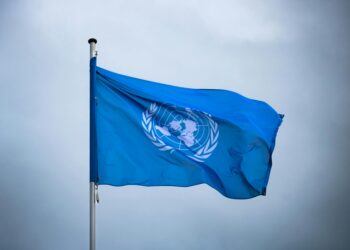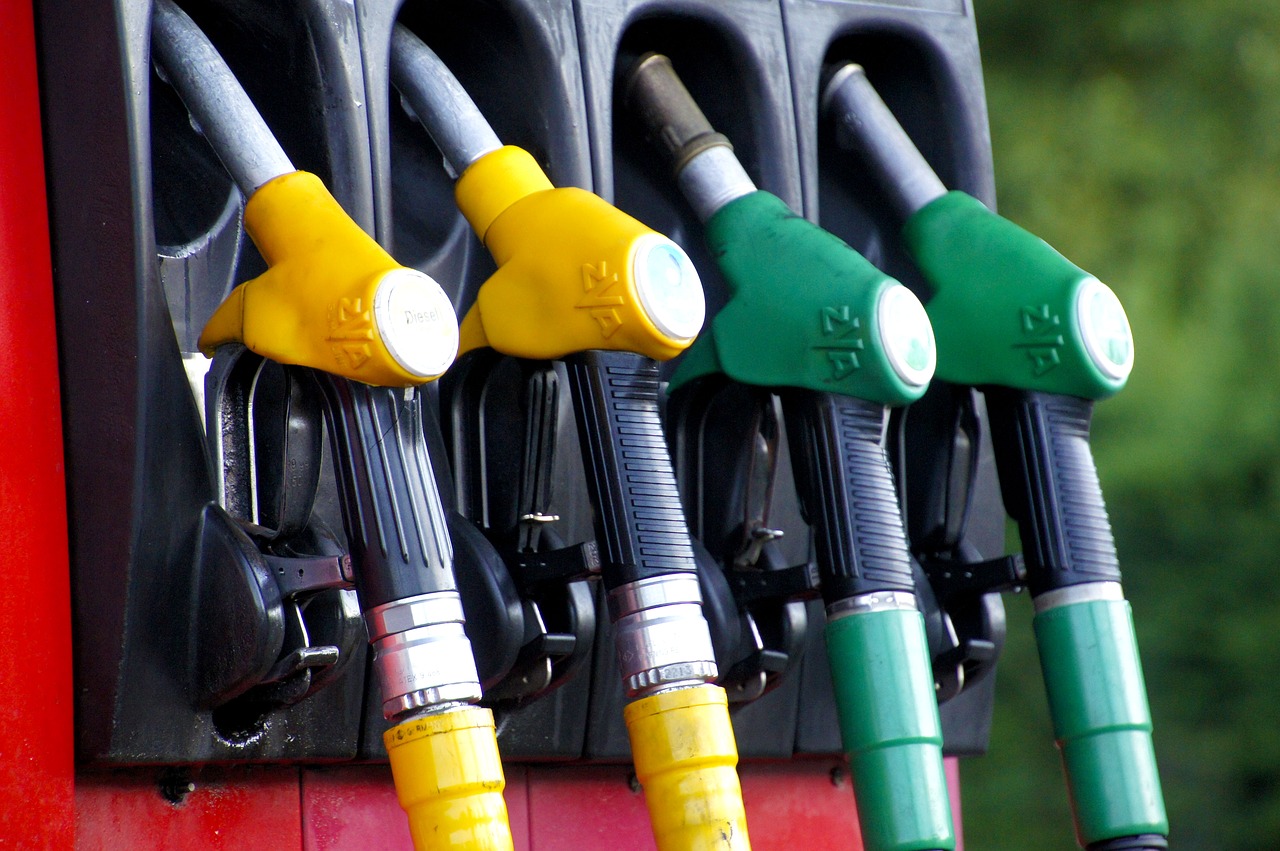On the first anniversary of Mahsa Amini’s tragic death, Iranian security forces briefly detained her father, Amjad Amini, in a move that unfolded amid a significant security presence across predominantly Kurdish regions of Iran. This event comes a year after Mahsa’s demise in police custody, an incident that sparked some of the most substantial protests since the 1979 fall of the Shah.
Reports from state-affiliated media confirmed the arrests of several individuals labeled as “counter revolutionaries” and “terrorists” across various Iranian cities. Security forces claimed to have thwarted plans to disrupt illegal demonstrations.
Mahsa Amini, a 22-year-old Kurdish woman, had been arrested by morality police for allegedly violating mandatory dress codes, and her death while in custody triggered months of widespread protests against the rule of Iran’s Shi’ite clerics, drawing international condemnation.
On this somber anniversary, human rights groups reported a massive security presence in predominantly Kurdish areas, anticipating potential unrest. Despite this, social media footage emerged depicting protests in areas such as Gohardasht and Mashhad, with demonstrators expressing their resolve.
Mahsa’s father, Amjad Amini, was reportedly cautioned against commemorating his daughter’s anniversary before being released. The Kurdistan Human Rights Network conveyed this information, although Iran’s official IRNA news agency denied that Amjad Amini had been arrested, without clarifying whether he had been briefly detained or warned.
Social media and rights group reports had previously mentioned security forces positioning themselves around Amini’s home in Saqez, located in western Iran. Amini’s parents had declared their intention to hold a “traditional and religious anniversary ceremony” at their daughter’s grave in Saqez, despite government warnings.
Reports of widespread strikes in several cities within Iran’s Kurdistan region also surfaced. However, IRNA contradicted these reports, stating that Saqez remained “completely quiet,” attributing this to the vigilance of the people and the presence of security and military forces.
An official in the Kurdistan province was quoted as saying, “A number of agents affiliated with counter-revolutionary groups who had planned to create chaos and prepare media fodder were arrested in the early hours of this morning.”
The aftermath of Mahsa Amini’s death saw over 500 people, including 71 minors, losing their lives, hundreds sustaining injuries, and thousands facing arrest, according to rights groups. Iran carried out seven executions related to the protests.
In a recent report, Amnesty International detailed how Iranian authorities subjected victims’ families to arbitrary arrests and detentions, imposed harsh restrictions on peaceful gatherings at grave sites, and destroyed victims’ gravestones.
In recent weeks, journalists, lawyers, activists, students, academics, artists, public figures, and members of ethnic minorities, along with relatives of protesters killed during the unrest, have faced arrests, summonses, threats, or job terminations, as reported by Iranian and Western human rights organizations.
Iran’s Etemad daily reported in August that Saleh Nikbakht, the lawyer representing Amini’s family, faced charges of “propaganda against the system” and, if convicted, could be sentenced to between one and three years in jail.














